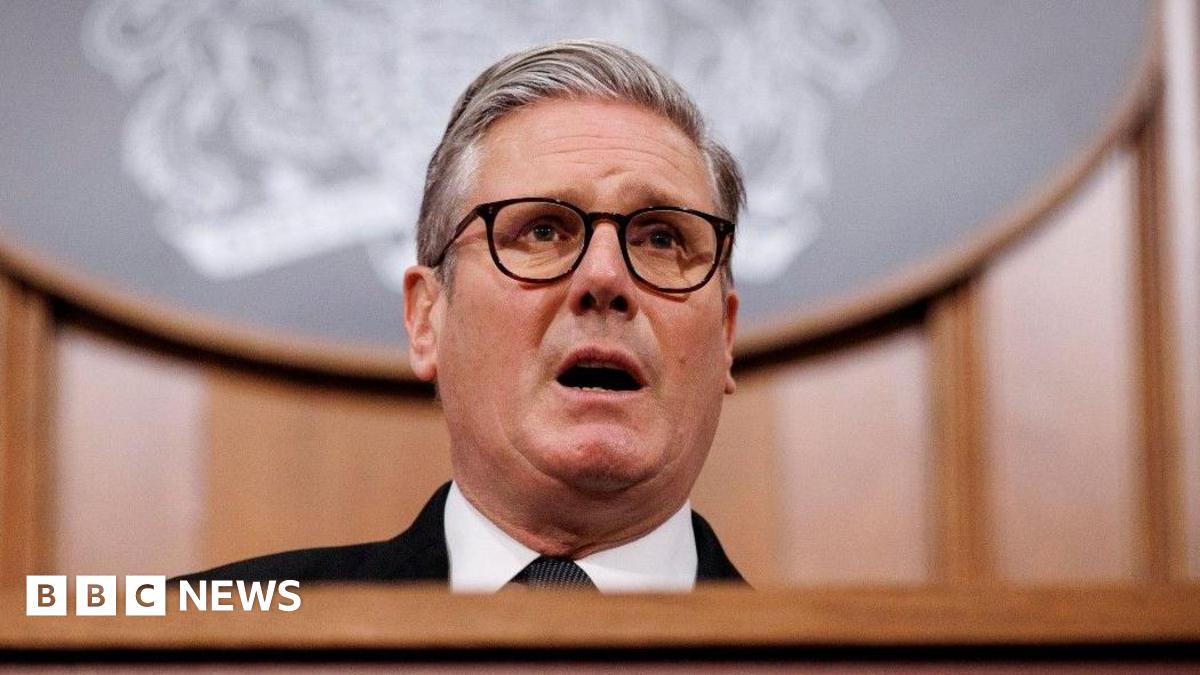British TV's Future: Adapting To The US Streaming Dominance

Welcome to your ultimate source for breaking news, trending updates, and in-depth stories from around the world. Whether it's politics, technology, entertainment, sports, or lifestyle, we bring you real-time updates that keep you informed and ahead of the curve.
Our team works tirelessly to ensure you never miss a moment. From the latest developments in global events to the most talked-about topics on social media, our news platform is designed to deliver accurate and timely information, all in one place.
Stay in the know and join thousands of readers who trust us for reliable, up-to-date content. Explore our expertly curated articles and dive deeper into the stories that matter to you. Visit Best Website now and be part of the conversation. Don't miss out on the headlines that shape our world!
Table of Contents
British TV's Future: Adapting to the US Streaming Dominance
The British television industry, once a global powerhouse renowned for its quality dramas and innovative formats, finds itself facing a significant challenge: the overwhelming dominance of US streaming giants like Netflix, Disney+, and Amazon Prime Video. While British productions continue to garner critical acclaim and global audiences, the question remains: how will the UK broadcasting landscape adapt and thrive in this increasingly competitive environment?
The rise of these streaming platforms has fundamentally altered the television landscape. Gone are the days when viewers were limited to scheduled broadcasts on a handful of channels. Now, consumers enjoy unparalleled choice, accessing a vast library of content on demand. This shift presents both opportunities and threats for British television.
The Challenges Faced by British Broadcasters:
- Funding and Production: Securing funding for ambitious projects can be more difficult when competing with the deep pockets of US streaming services. These giants can invest heavily in high-budget productions, potentially overshadowing smaller British productions.
- Talent Acquisition: Attracting and retaining top talent is crucial. The allure of high-paying US streaming projects can tempt British writers, directors, and actors away from domestic productions.
- Audience Fragmentation: The proliferation of streaming platforms has led to audience fragmentation, making it harder for British broadcasters to build large, consistent viewership for their shows. This affects advertising revenue and the overall viability of certain productions.
- Regulation and Content Restrictions: Navigating different regulatory landscapes and content restrictions across platforms adds complexity and cost to production. Balancing creative freedom with platform-specific guidelines is a constant challenge.
Strategies for Adaptation and Success:
British broadcasters are employing several strategies to navigate this new reality:
- Investing in High-Quality Content: Focusing on producing unique, high-quality programming that resonates with both domestic and international audiences is paramount. This includes investing in genre-bending shows, documentaries, and unique formats that distinguish British television.
- Collaborations and Co-productions: Partnering with international streaming services on co-productions allows British broadcasters to access wider audiences and larger budgets. This strategy leverages the strengths of both parties.
- Embracing New Technologies: Experimenting with interactive storytelling, virtual reality, and other emerging technologies can attract younger audiences and differentiate British content.
- Strengthening the Public Service Broadcasting Model: The BBC, ITV, and Channel 4 continue to play a crucial role in supporting British talent and producing high-quality programming. Maintaining and strengthening their public service remit is vital for the health of the industry.
- Focusing on Niche Audiences: Catering to specific niche audiences can be a successful strategy. By creating specialized content, smaller broadcasters can build loyal followings and avoid direct competition with major streaming services.
The Future of British Television:
The future of British television hinges on its ability to adapt and innovate. While the dominance of US streaming giants presents significant challenges, it also presents opportunities for creative growth and international collaboration. By focusing on high-quality content, strategic partnerships, and embracing new technologies, the British television industry can secure its place in the global entertainment market. The key lies in finding a balance between maintaining its unique identity and embracing the opportunities presented by the evolving digital landscape.
Keywords: British TV, US streaming dominance, Netflix, Disney+, Amazon Prime Video, UK television, streaming services, broadcasting, television industry, co-productions, funding, talent acquisition, audience fragmentation, public service broadcasting, BBC, ITV, Channel 4, future of television, adaptation strategies.

Thank you for visiting our website, your trusted source for the latest updates and in-depth coverage on British TV's Future: Adapting To The US Streaming Dominance. We're committed to keeping you informed with timely and accurate information to meet your curiosity and needs.
If you have any questions, suggestions, or feedback, we'd love to hear from you. Your insights are valuable to us and help us improve to serve you better. Feel free to reach out through our contact page.
Don't forget to bookmark our website and check back regularly for the latest headlines and trending topics. See you next time, and thank you for being part of our growing community!
Featured Posts
-
 Nba Playoffs 2025 Complete Bracket And Schedule Second Round Games
May 15, 2025
Nba Playoffs 2025 Complete Bracket And Schedule Second Round Games
May 15, 2025 -
 Buy And Hold 2 Tech Stocks For The Next 10 Years
May 15, 2025
Buy And Hold 2 Tech Stocks For The Next 10 Years
May 15, 2025 -
 See Billy Idols Show At Ameris Bank Amphitheatre A Photo Recap
May 15, 2025
See Billy Idols Show At Ameris Bank Amphitheatre A Photo Recap
May 15, 2025 -
 Steph Currys Game 6 Outlook Critical Factors For Warriors Success In The Playoffs
May 15, 2025
Steph Currys Game 6 Outlook Critical Factors For Warriors Success In The Playoffs
May 15, 2025 -
 Analysis Starmers Rhetoric Reflects Growing Concerns On Immigration
May 15, 2025
Analysis Starmers Rhetoric Reflects Growing Concerns On Immigration
May 15, 2025
Latest Posts
-
 Deodorant Recall Alert 67 000 Units Recalled Across Walmart Dollar Tree Amazon
Jul 17, 2025
Deodorant Recall Alert 67 000 Units Recalled Across Walmart Dollar Tree Amazon
Jul 17, 2025 -
 Life After Love Island Usa Amaya And Bryans Relationship Update
Jul 17, 2025
Life After Love Island Usa Amaya And Bryans Relationship Update
Jul 17, 2025 -
 September 2025 Ynw Melly Faces Retrial In Double Homicide Case
Jul 17, 2025
September 2025 Ynw Melly Faces Retrial In Double Homicide Case
Jul 17, 2025 -
 Love Island Usas Amaya And Bryan Building A Future Beyond The Villa
Jul 17, 2025
Love Island Usas Amaya And Bryan Building A Future Beyond The Villa
Jul 17, 2025 -
 September Retrial For Ynw Melly On Murder Charges After Jury Fails To Reach Verdict
Jul 17, 2025
September Retrial For Ynw Melly On Murder Charges After Jury Fails To Reach Verdict
Jul 17, 2025
